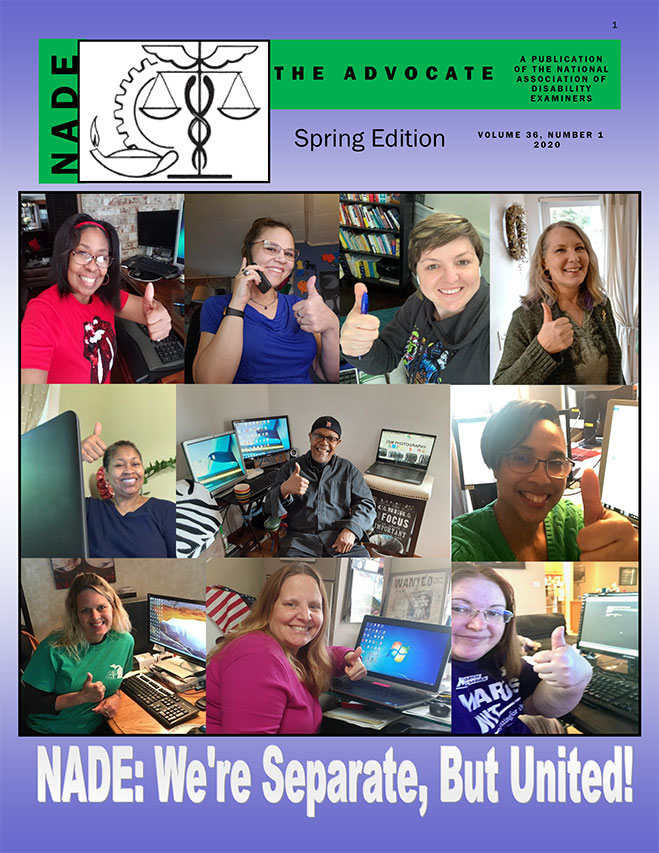Here's a good "granny on ice" story. I haven't seen one of these in a while or, perhaps I should say, in a minute. Granny was "on ice" so someone could continue taking her Social Security benefits. This sort of story comes up more often than you might think.
By the time this crime was discovered, granny would have been about 112 years old if she had still been alive. The Social Security Administration used to send an employee to make an in-person visit to anyone turning 100, purportedly to congratulate them but really to make sure they were still alive. That hasn't been done in many years. Other efforts are made to prevent the concealment of deaths but, as this case demonstrates, those efforts aren't always successful.
Did you know that a real life "granny on ice" story inspired the movie Bernie, starring Jack Black and Shirley McLain? There was a lot more going on in that fascinating movie than just Social Security, however.


















